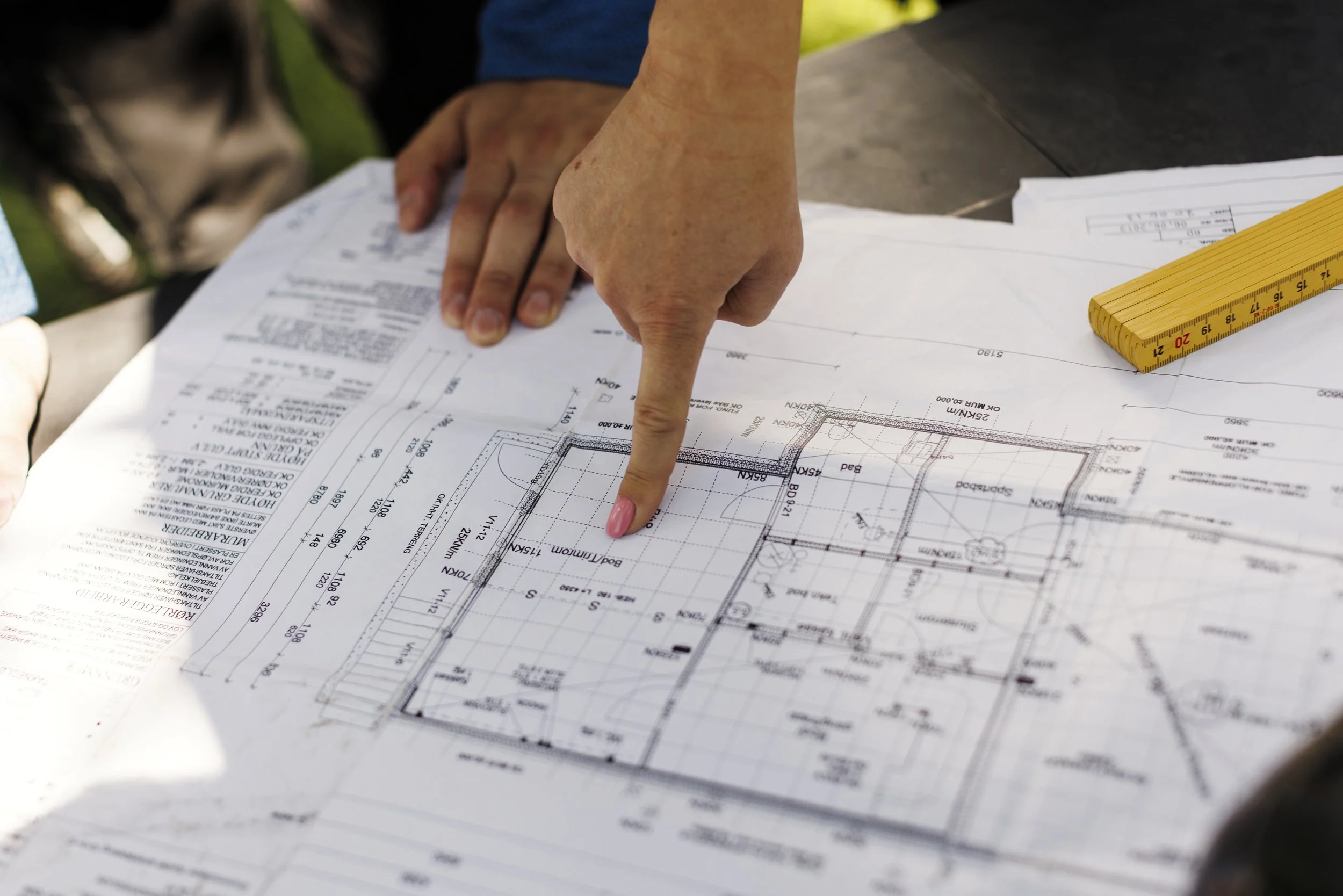6 Steps to Becoming an Effective Project Manager
📌 Updated August 2025: This article has been updated with new information on how to become a more effective project manager.
Being an effective project manager requires more than just leadership and organizational skills. You need to be able to balance multiple activities at the same time, allocate resources correctly, and ensure the project moves forward on schedule. The best way to achieve this is by having a clear and well thought-out progress plan. A well-structured progress plan enables you to manage the project effectively, anticipate problems and adjust course when necessary.
6 steps on how a progress plan can help you become a more effective project manager:
1. Get a full overview of your project's progress
As a project manager, it's your job to ensure that all activities are carried out at the right time and in the right order. A progress plan gives you a visual overview of all activities, their duration, milestones, and dependencies between tasks. A tool like Gantt charts can be invaluable in providing a clear representation of what needs to be done when, and who is responsible for each activity.
By having a full overview of your project's progress, you can better manage changes along the way and make sure your project stays on track.
2. Optimize resource allocation
One of the biggest challenges as a project manager is to ensure that all resources are used efficiently. With a progress plan, you can more easily allocate resources to critical activities and avoid overloading individual team members or departments. Resource planning in a progress plan also allows you to identify where there may be bottlenecks and adjust resource usage accordingly.
This ensures that the project can be completed without delays and without any resources being unnecessarily pressured or underutilized.
3. Anticipate and manage risks and delays
Even the best laid plans can run into unforeseen problems. As an effective project manager, you must be able to anticipate risks before they occur and adjust plans accordingly. A flexible progress plan makes it possible to change the timeline quickly if an activity takes longer than planned, or if new tasks have to be added along the way.
By keeping track of dependencies between tasks, you can also more easily see how a delay in one activity will affect the rest of the project and act proactively to minimize negative consequences.
4. Create better communication and collaboration
A good progress plan also serves as a communication tool. When all team members have access to the same plan, it creates a common understanding of what needs to be done and when. This helps reduce misunderstandings and ensures that everyone is working towards the same goals. By using a progress tool like my planner , you can easily share updates and keep everyone involved informed of changes to the schedule.
Good communication creates better collaboration and ensures that the project is completed more efficiently.
5. Ensure better time and cost control
One of the key benefits of a progress plan is that it helps you keep your project on time and on budget. By continuously monitoring progress, you can compare planned time spent with actual time spent and identify areas where the project is using more time and resources than planned. This gives you the opportunity to take action before costs get out of hand or the project goes over schedule.
As a project manager, this gives you better control over the entire project's finances and timeline, making it easier to report to stakeholders and management.
6. Use the right project methodology to increase efficiency
Projects are different and there are several different approaches to project management. Traditional methods such as the waterfall model work well for projects with clear, unchanging requirements, while agile methodologies offer greater flexibility for projects where requirements can change along the way. As an effective project manager, you need to consider which methodology is best suited to your project, or perhaps even use a combination.
By using agile project management, you can more quickly adapt to changes, test solutions early and adjust the plan as you go, which can help you complete the project faster and with fewer errors.
In summary
To be an effective project manager, you need to have control over every aspect of your project, from resources to schedule. A good project management plan gives you the tools you need to achieve this. By using project management tools like my planner, you can simplify your planning, allocate your resources more effectively, and adjust course quickly when changes occur. By combining clear plans with flexible execution, you can ensure that your project meets its goals on time and within budget, making you a more effective and successful project manager.
Read more relevant articles here:
Would you like to have better control over your progress?
We offer a solution that gives you full overview and control over the progress schedule of construction projects. Book a free demo or get a no-obligation quote:
Read more about the progress plan here


